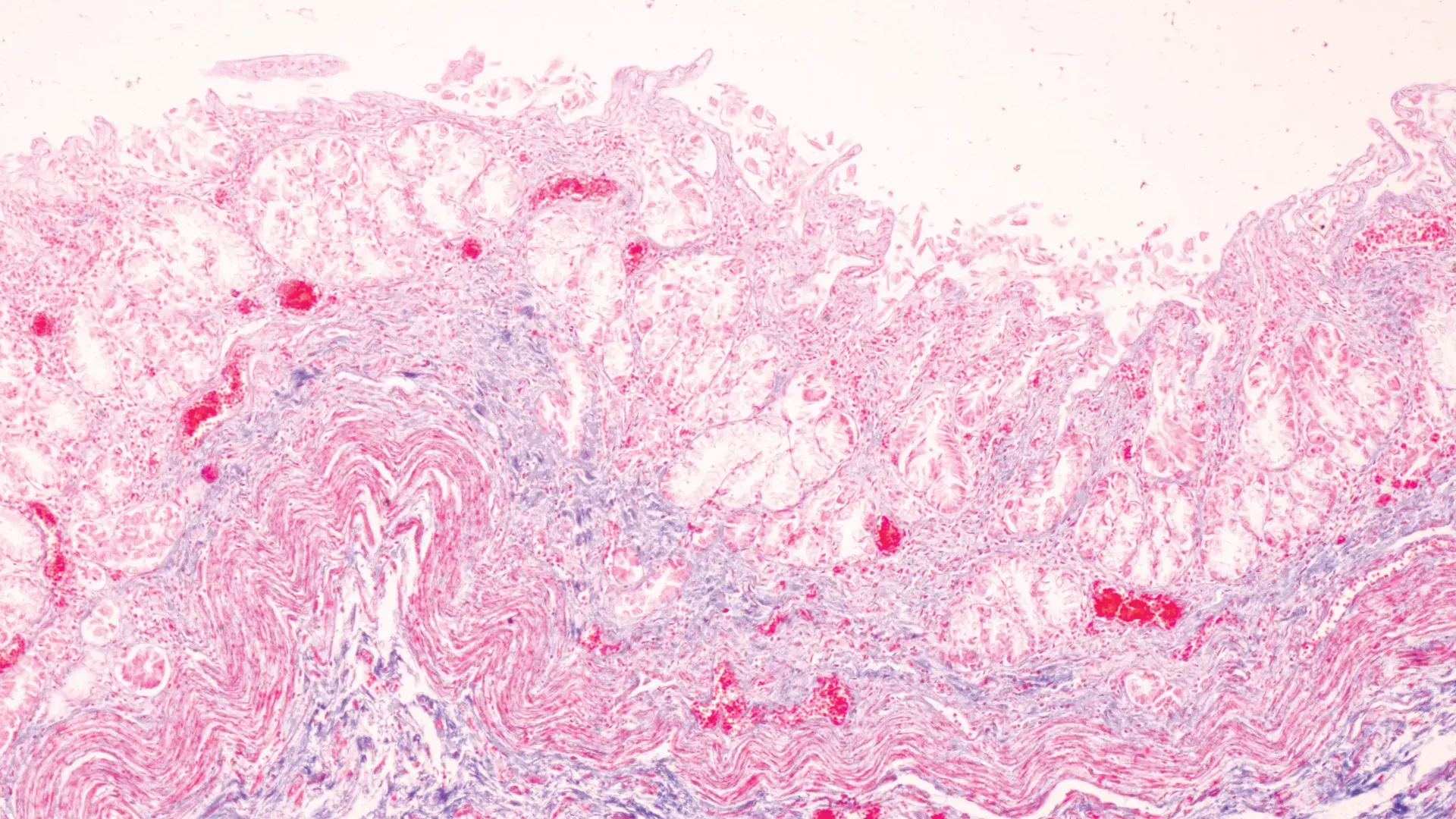4 Questions on NAD/NADH Testing Answered
Unlocking the Secrets of Cellular Energy

When the intestinal epithelial lining barrier is compromised, it leads to a leaky gut. The foundation of this barrier consists of only a single layer of specialized epithelial cells joined by tight junction proteins. However, other factors are involved in intestinal barrier support including mucins, antimicrobial molecules, secretory IgA (sIgA), and cytokines.
The most abundant immunoglobulin in the body, sIgA is found on intestinal mucosal surfaces where it interacts with commensal bacteria to protect against pathogens, toxins and other irritants. Every day, the human body synthesizes approximately 3 grams of sIgA into the intestinal lumen. Although other aspects of gut barrier function can sometimes compensate for a decline in sIgA, optimal levels of this immunoglobulin are important for gut health. sIgA also is secreted in other mucous membranes, such as the oral cavity, where it protects against viral, bacterial, and parasitic assaults. In the intestinal tract, sIgA is secreted when there is an immune reaction to foods.
While underproduction of sIgA can result in impaired gut barrier function and increase intestinal permeability, dysregulation of zonulin, a physiological modulator of intercellular tight junctions, also poses a threat to gut barrier integrity. Zonulin plays a role in intestinal innate immunity. It is upregulated in animal- and human-derived intestinal epithelial cells exposed to the wheat protein gliadin, thus impairing gut barrier function and increasing intestinal permeability by weakening tight junctions.
Zonulin upregulation also is linked to increased intestinal permeability in people with type 1 diabetes and their relatives. Interestingly, in these subjects, zonulin upregulation occurs before disease development, pointing to an interplay between increased intestinal permeability, environmental exposure to non-self antigens, and the pathogenesis of autoimmunity in people who are genetically susceptible. I routinely test my patients for IgG, IgA and IgE food reactivity to minimize immune triggers in patients with leaky gut.
Factors contributing to the disruptions in intestinal integrity responsible for leaky gut include food sensitivities/allergies, exposure to environmental toxins, chronic psychological stress, a diet high in sugar and processed foods, alcohol abuse, antibiotics, and anything that results in dysbiosis of the gut microbiota. These factors can all act together to compromise gut barrier function. Athletes are also susceptible to increased intestinal permeability with associated gastrointestinal problems. Other factors that may predispose to the development of leaky gut include consuming a low-fiber or high-fat diet.
Clinically, I routinely consider supplementation of glutamine and mitochondria support for athletes that present with either decreased performance or increased GI or allergic symptoms. I find that increased intestinal permeability arising from relative depletion of glutamine that is used for muscle, immune and gut integrity is often a key clinical consideration. Additionally, subclinical mitochondria dysfunction may also contribute to some athletes manifesting with intestinal permeability changes and decreased exertional performance.
Watch US BioTek's webinar on Leaky Gut and it's link between food allergies/sensitivities:
References:
Qinghui M, Kirby J, Reilly CM, et al. Leaky Gut As a Danger Signal for Autoimmune Diseases. Front Immunol. 2017:8:598.
Wells JM, Brummer RJ, Derrien M, et al. Homeostasis of the gut barrier and potential biomarkers. Am J Physiol Gastrointest Liver Physiol. 2017 Mar 1;312(3):G171-193.
Ferguson A. Mechanisms in adverse reactions to food. The gastrointestinal tract. Allergy. 1995;50(20 Suppl):32-8.
El Asmar R, Panigrahi P, Bamford P, et al. Host-dependent zonulin secretion causes the impairment of the small intestine barrier function after bacterial exposure. Gastroenterology. 2002 Nov;123(5):1607-15.
Clemente MG, De Virgiliis S, Kang JS, et al. Early effects of gliadin on enterocyte intracellular signalling involved in intestinal barrier function. Gut. 2003 Feb;52(2):218-23.
Drago S, El Asmar R, Di Pierro M, et al. Gliadin, zonulin and gut permeability: Effects on celiac and non-celiac intestinal mucosa and intestinal cell lines. Scand J Gastroenterol. 2006 Apr;41(4):408-19.
Fasano A, Not T, Wang W, et al. Zonulin, a newly discovered modulator of intestinal permeability, and its expression in coeliac disease. The Lancet. 355(9214);29 April 2000:1518-19.
Sapone A, de Magistris L, Pietzak M, et al. Zonulin upregulation is associated with increased gut permeability in subjects with type 1 diabetes and their relatives. Diabetes. 2006 May;55(5):1443-9.
Lamprecht M, Frauwallner A. Exercise, intestinal barrier dysfunction and probiotic supplementation. Med Sport Sci. 2012;59:47-56.
Desai MS, Seekatz AM, Koropatkin NM, et al. A Dietary Fiber-Deprived Gut Microbiota Degrades the Colonic Mucus Barrier and Enhances Pathogen Susceptibility. Cell. 2016 Nov 17;167(5):1339-53.e21.

Unlocking the Secrets of Cellular Energy

Short chain fatty acids (SCFAs) are organic acids produced by bacterial fermentation of dietary fibre and resistant starch. Enterocytes and...

Zonulin has emerged as a popular marker to assess the integrity of the intestinal mucosal barrier. Discovered by Dr Alessio Fasano, Zonulin...